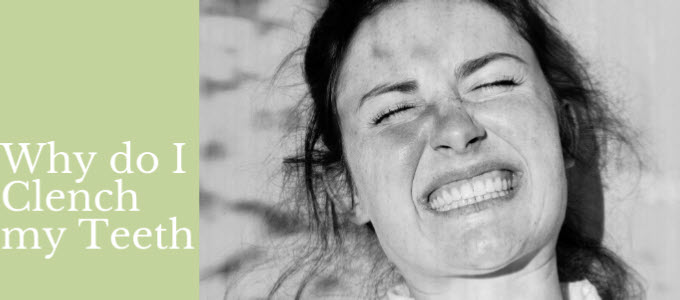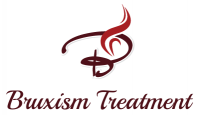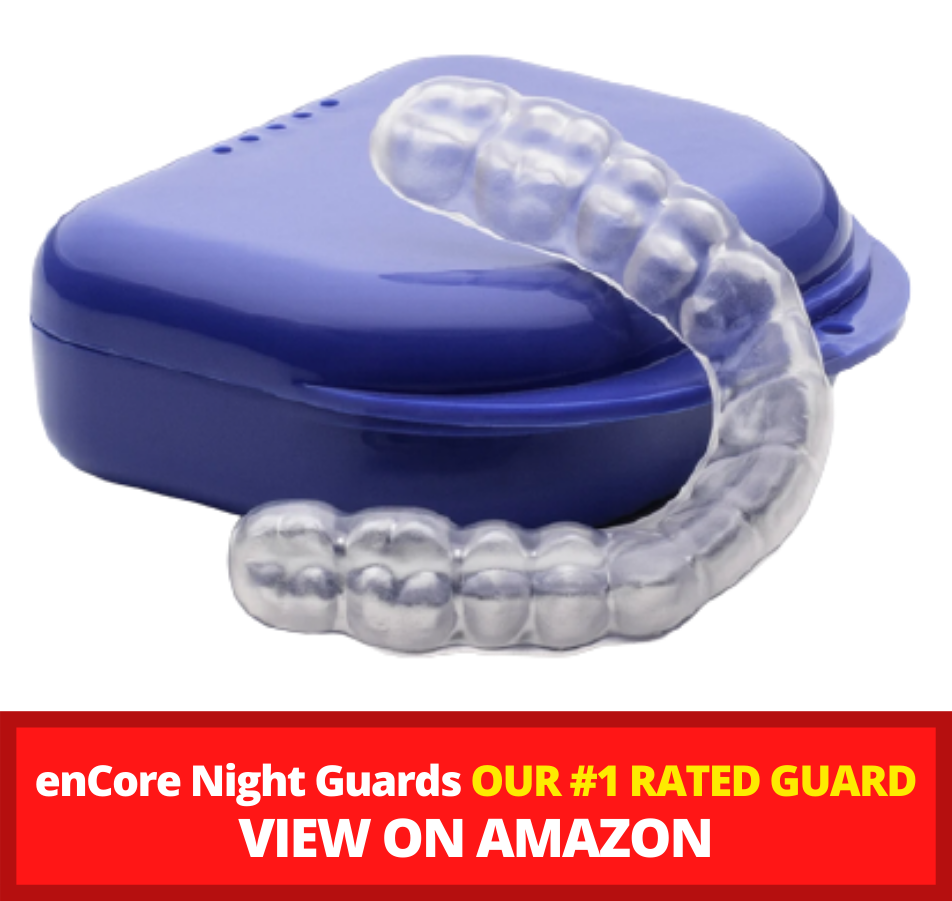Table of Contents

You may not know it but most people are victims of teeth clenching and grinding. The habit of teeth grinding is also referred to as bruxism which might happen from time to time. It’s a habit we should aim to kill since it causes more harm than we expect. It’s possible to instigate major dental complications that damage our dental formula as well as lead to regular headaches.
How Do I Find Out if I Grind My Teeth?
Teeth clenching and grinding mostly happens at night and most of the victims are unaware that they have developed the habit. However, if you develop constant headaches and wake up with a sore jaw then most probably you suffer from bruxism. Some people learn that they have developed the habit when a loved one notices it an alerts them. You must visit your dentist if you suspect that you’re clenching your teeth. The dentist will examine and analyze your mouth and jaw for any red flags. Some of the few pointers they are keen to note are whether the jaw is tender or your teeth have excessive wear and tear.
What are the Causes of Teeth Clenching
People believe that bruxism that mainly affects children but the condition is also a problem for the adults. Many reasons trigger teeth clenching and they vary from one individual to the other. The health experts identify a number of these reasons as highlighted below.
Stress
Involuntary bruxism occurs mainly at night and one of the major triggers is stress. Stress is associated with restlessness and it interferes with the quality of sleep one gets. It possible the grinding happens then and it hard to control yourself from indulging in such destructive behavior. Leading an unhealthy lifestyle trigger clenching and you should try stress management practices.
Aggressive Behavior
Developing an aggressive behavior would be a recipe for grinding your teeth. People channel their frustrations through clenching which causes the usual tear and wear that destroys the teeth. People end up doing some regrettable things when emotions get the better part of them and teeth clenching is one of the aftermaths.
Caffeine Before Bed
Caffeine also has a connection between teeth grinding and sleeping. Caffeine is known to heighten the body energy which causes an increase in the heart rate. The metabolic reaction causes teeth grinding which a destructive habit.
Tobacco and Alcohol Use
Individuals who are used to consuming alcohol and tobacco at night are prone to developing bruxism. The two substances affected the sleeping pattern one way or the other which leads to frequent interruptions or sleeplessness. Teeth grinding runs in tandem with such symptoms. If possible try and quit these two behaviors altogether so that your overall health can improve.
Dental Problem
Lastly, another major cause of teeth clenching is the development of abnormal teeth alignment that prompt that behavior. It may not be a surprise that the dental deformities were caused by bruxism in the first place.
Natural Treatment
Experts in dentistry and medicine believe that grinding teeth is a natural habit. With this in mind, those affected are asked to first become aware of the problem. So you can measure exactly what you are doing. The usual culprit in this situation is stress. Stress is acquired through a variety of things: too much work, poor diet, poor sleep patterns, and problematic relationships. Limiting these factors can reduce clenching, especially at night when humans are affected.
Proper exercises to stop teeth grinding can be done several times a day. Some patients have pearly white when they are awake. Again, stress can lead to it. Yawning as if opening your mouth relaxes your jaw and prevents you from clenching your upper and lower teeth. If the jaw is still stiff, the neck can be trained to relax in this area. When you lift your neck, tilt or turn your head. Meditation and relaxation techniques also have a positive effect on reducing stress and the clenching of the jaw.

Other Ways to Help You Stop Jaw Clenching and Teeth Clenching
Botox
The Botox injections usually paralyze the muscles. Botox is famous with cosmetic procedures since it helps keep the wrinkles at bay. Using it to treat bruxism has its fair share of the good and the bad. Botox injection weakens the muscles around the jaw which helps to alleviate grinding and clenching. However, the bad outweighs the good since Botox has been listed as toxic and is capable of killing people. Prior research also suggested that once Botox is injected it can travel to brain stem where it can cause severe brain damage (1).
Mouthguards and Splints
The importance of visiting a dentist is for the sole reason of getting a custom mouthguard. However, a mouth guard doesn’t prevent or cure the habit but it helps prevent damage to the teeth when sleeping. At night it’s when your teeth are vulnerable and a mouth guard will just act as a cushion. A customized mouth guard or splint is much more expensive compared to a regular mouth guard that is sold at most drug stores. A customized version is much smaller and comfortably settles in the mouth to prevent tooth destruction. The mouth guard should be utilized only during the night when you at risk of repeating the bad behavior. You should go for a custom fit since some people avoiding using these gadgets since they deem them uncomfortable.
Hypnosis
Since we become most vulnerable during the night when we are unconscious it’s better to train the mind to decline teeth clenching even after we fall asleep. Hypnosis will help counter such behavior since it can work with the subconscious. A study has proven hypnosis is an effective treatment option for people with bruxism. Among all other treatment options, hypnosis is the least invasive. You only require a professional hand from a hypnotherapist. The treatment is ideal for deep-seated issues that cause tooth grinding. It also the most affordable treatment option since you can still self-medicate and still get admirable results. However, visit your dentist and let them suggest some of the ideal treatment options for you.


